A colorful palette of ideas of students projects was presented at the Gunnerus library yesterday. “Experts in team” is a master’s degree course in which students develop their interdisciplinary teamwork skills and allows them to prepare themselves for their working life. Village 9 worked during the spring semester with ideas on Digital dissemination of the past and discussed the possibilities and the limitations technology can offer as a tool. The idea was to work interdisciplinary and discuss the challenges technology poses around the lifespan and the documentation strategies of today’s digital data production that the Museum and Library section deals with. Creative ideas as to what would be the best strategy to structure and disseminate the metadata of archives and special collections in the future is a demanding and ongoing task for our library and suggestions from young professionals is a way to stay in tune with the current technological developments. At the same time, contact with the general public is the main factor for the development of new visualization tools and allows us to think new ways of approaching our users and their interests and achieve. For that, I must thank hashtag#NTNU IDI and my colleagues as well as the students that worked with great enthusiasm through the semester giving us the opportunity to experiment through this collaboration. I must also thank IDI professor Letizia Jacceri for mentoring and guiding me all these years through a number of collaborative projects. hashtag#eithashtag#technologyhashtag#interdisciplinary
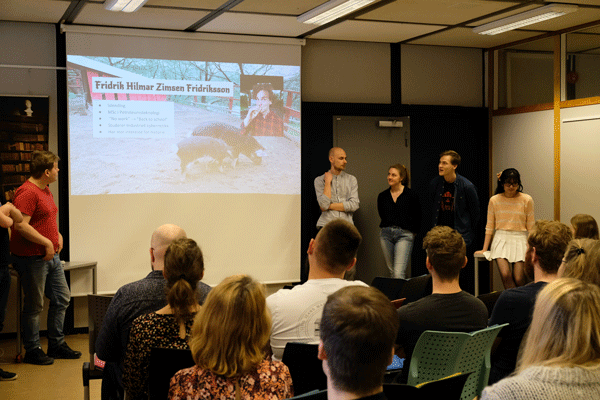
Før I Tida_Eit 2019 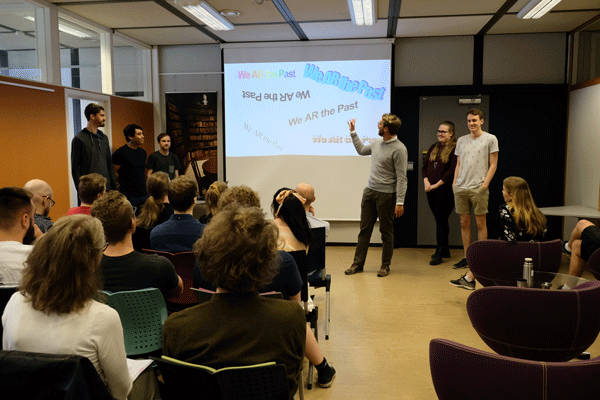
We R the past_EiT 2019 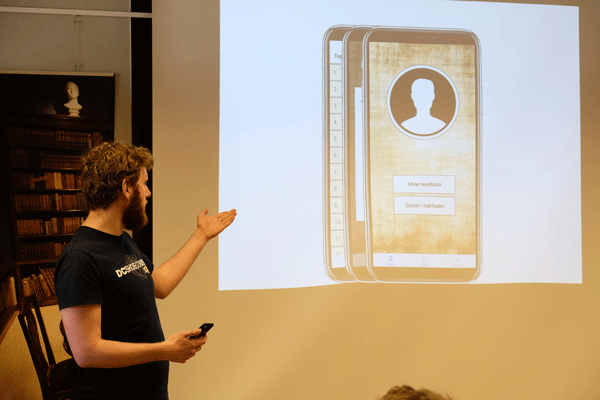
Munin 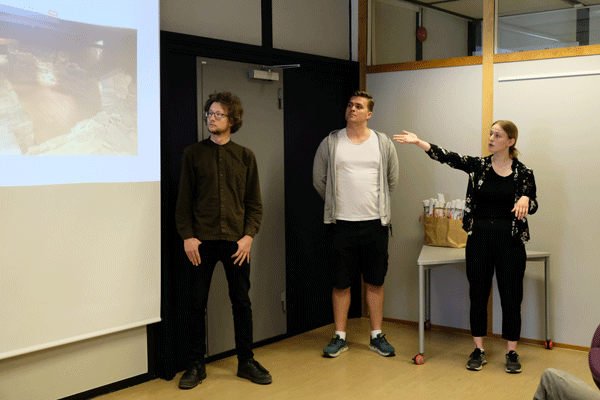
Kvoik 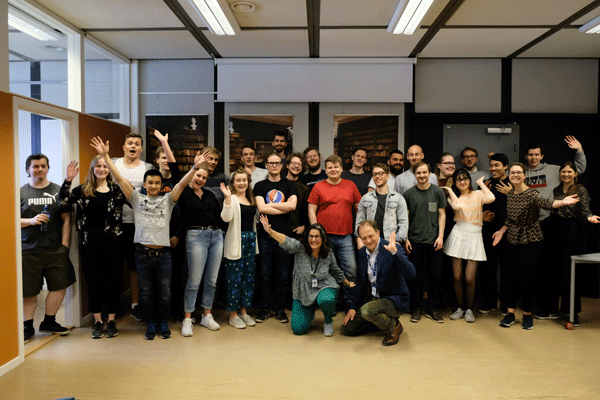
Village 9 EiT

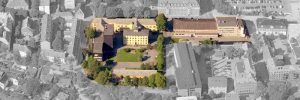
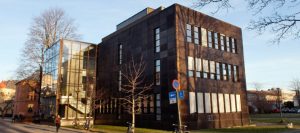
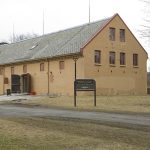
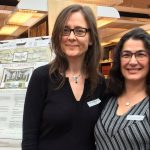
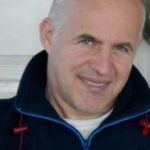
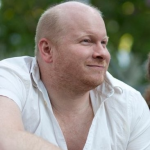

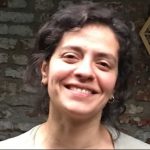
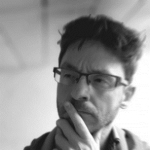
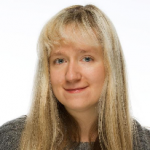
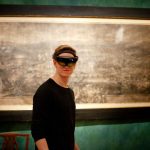
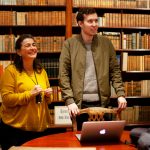
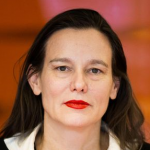





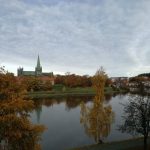
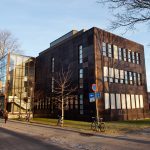

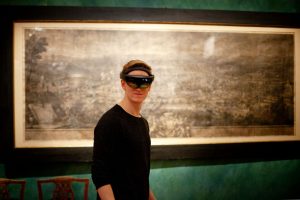
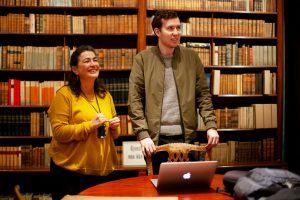
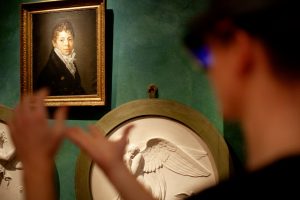

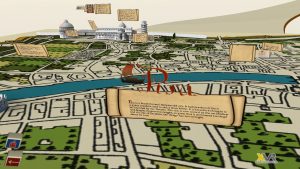
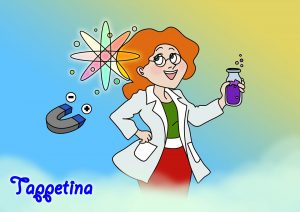
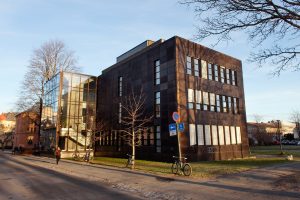
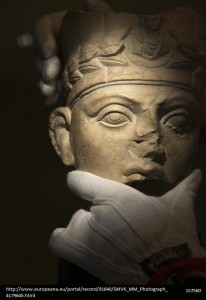 eir total destruction. Such numerous examples documented in recent times call for action.
eir total destruction. Such numerous examples documented in recent times call for action.